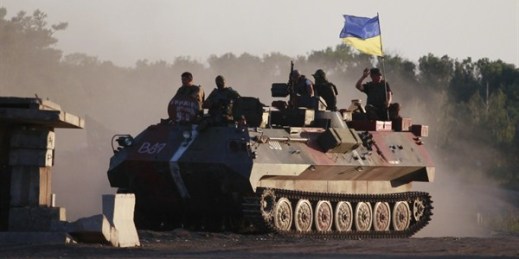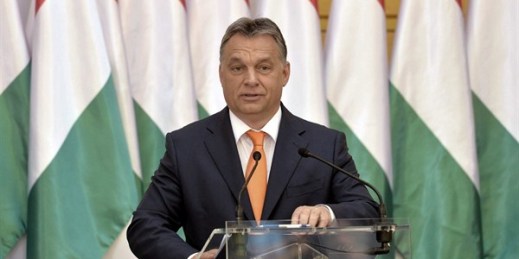
Ever since the 2004 “Orange Revolution” that led to its first turn toward the West, Ukraine’s future alignment between Russia and the Euro-Atlantic bloc has been the subject of much debate and speculation. The promise of a durable Western shift, already dimmed by 2010, receded even further under the presidency of Viktor Yanukovych, who tried to steer a middle course between Moscow and Brussels with some success until pressure from Brussels and Moscow, but also Ukraine’s pro-European public opinion, made nonalignment no longer tenable. Since the Euromaidan protests that drove Yanukovych from power in February 2014 and through the emergence […]

